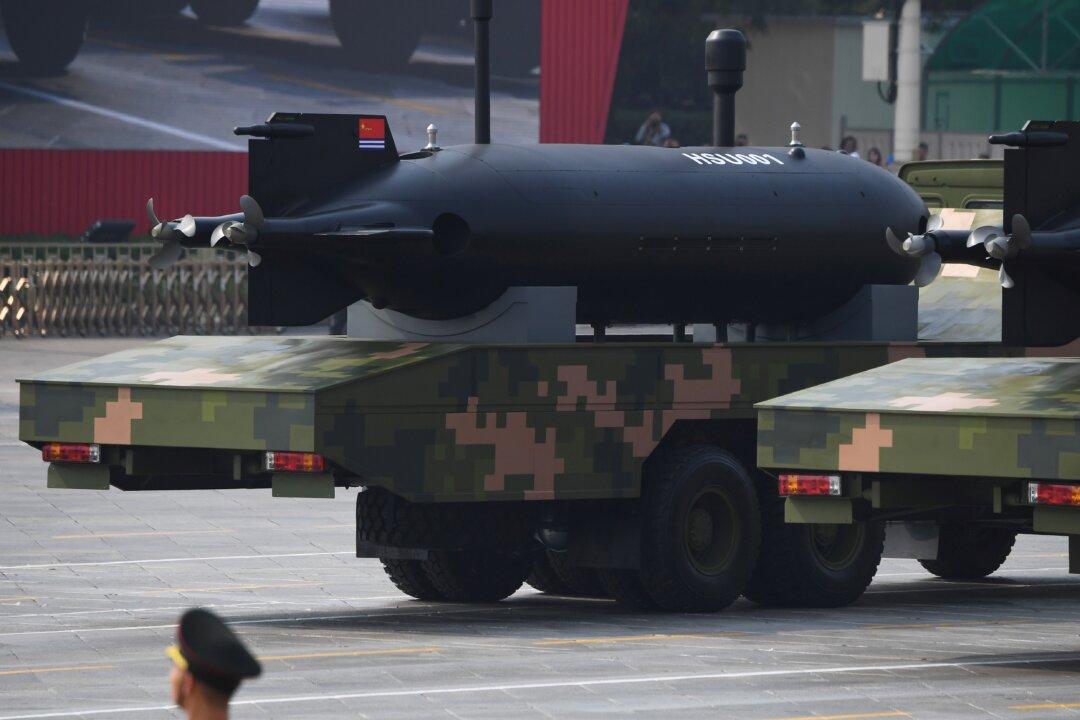Commentary
Chinese national Qin Shuren was placed under arrest in 2018 at his home in a Boston suburb. He will likely plead guilty to felony charges in federal court on April 28 for allegedly procuring over $100,000 worth of U.S. marine technology for export to a Chinese military research institute.





